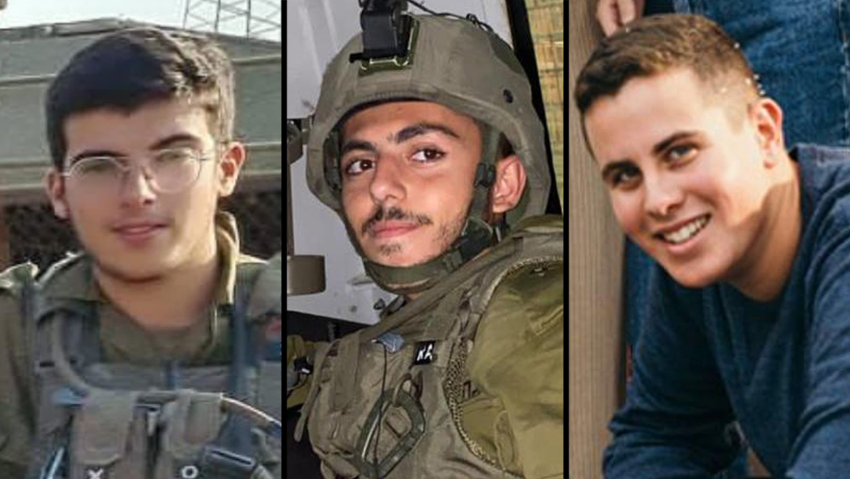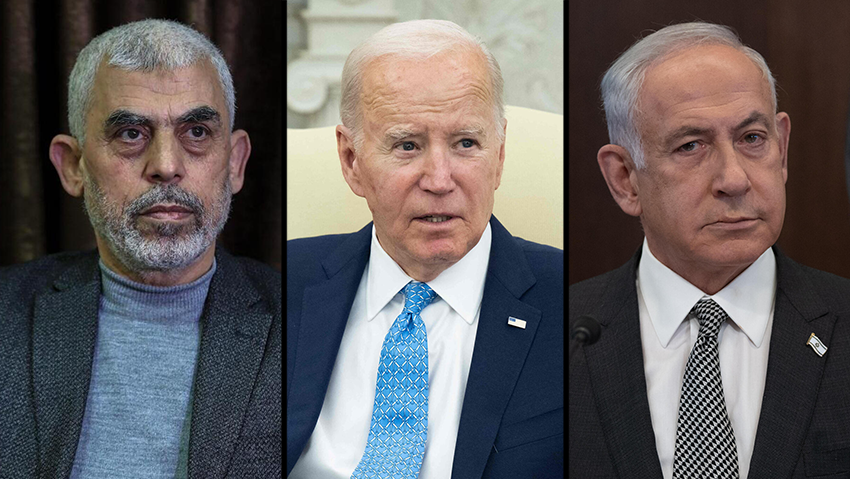Getting your Trinity Audio player ready...
Amid the collapse of the negotiations for a hostage deal and Hamas's demand to end the war, the IDF began evacuating the population in Rafah's eastern neighborhoods close to the Israeli border on Monday. The military is expected to limit its offensive so as to exert pressure on Hamas to soften its stance and to show the Biden administration that Israel is not rushing into Rafah.
Israel wants to give the mediators, especially the Americans, one more chance to achieve a deal, since Hamas hasn't given its response yet to the latest proposal. In the meantime, CIA Director William Burns arrived on Sunday in Doha after Hamas's delegation announced the end of the talks and left Cairo to hold consultations in Qatar with the terror group's leadership. Israel's decision signals caution and flexibility in the face of Washington's demands.
The main message to the Americans is that Israel is receptive to its requests and tries to act according to their humanitarian concerns. For that reason, the border crossing at Kerem Shalon remained open to trucks transporting aid into the Strip after the deadly rocket attack there on Sunday, killing four soldiers and wounding others.
2 View gallery


First sergeant Ruben Marc Mordechai Assouline, First sergeant Ido Testa, irst sergeant Tal Shavit
(Photo: IDF Spokesperson's Unit)
The evacuation that began on Monday is a signal that Israel is still ready to stop its forces, if Hamas commits not to act against it from the Rafah. However, Hamas will likely try to delay the movement of the population from the eastern neighborhoods of Rafah towards the Khan Younis area, where shelters have been prepared for civilians. Meanwhile, a senior Hamas member has already threatened that the evacuation from the city is a step that will lead to a "dangerous escalation."
In the morning hours the IDF dropped pamphlets calling for residents to leave through specified routes, to allow to designated safe zones that were prepared in advance, north of the city, near the Al-Mawasi refugee camp. The military estimates that approximately 100,000 Palestinians live in the area, out of 1.3 million residents and displaced persons in the entire Rafah region.
IDF instructs Gazans to evacuate to safe zone
The IDF Spokesperson, Rear Admiral Daniel Hagari, said that the designated humanitarian safe zone includes field hospitals, tents, as well as a large stocks of food, water, medication, and additional supplies. He added that thanks to governments and international organizations, the IDF was able to bolster the humanitarian aid that enters the Gaza Strip.






